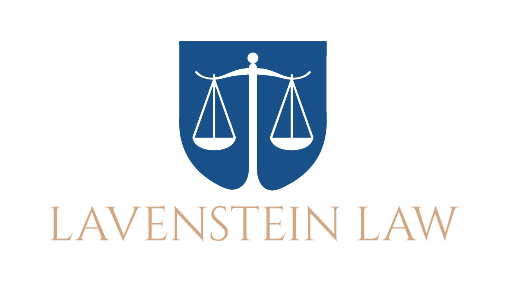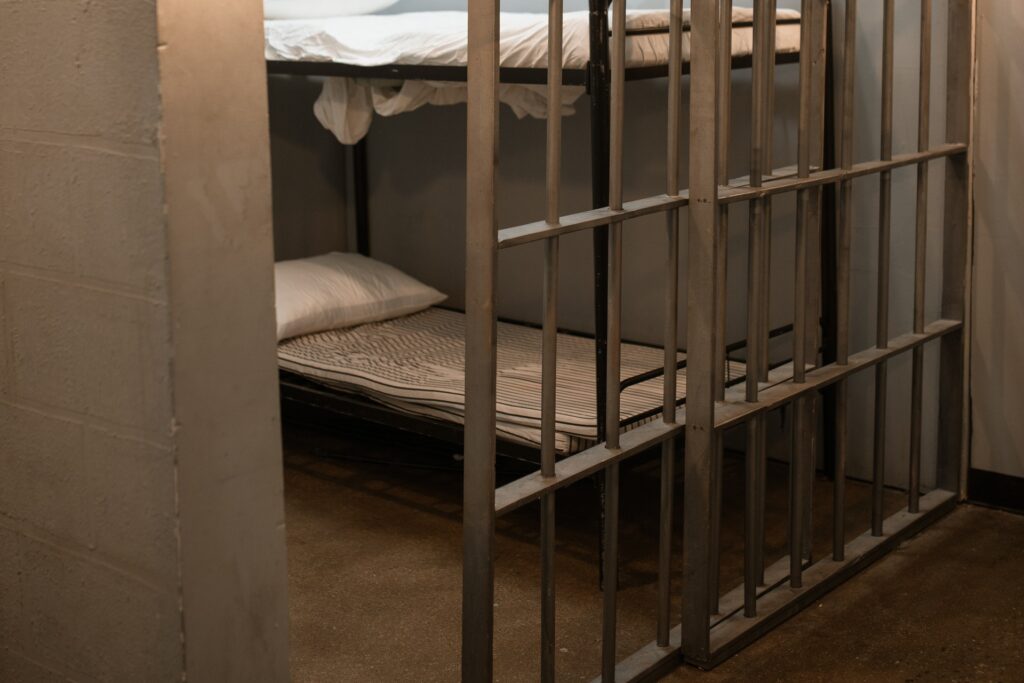By: Sarahbeth Kluzinski
[ad_1]
Kids make mistakes, but their mistakes do not usually follow them around for the rest of their lives. When it comes to criminal arrests and convictions, the same principle does not apply. Continue reading to learn more about juvenile criminal records, including how long they remain on a minor’s criminal history and what you can do to stop them from holding your child back after they turn 18 years old.
Juvenile criminal records permanently stay in the court’s system. Even when a minor turns eighteen, their criminal history does not go away. These records are available to the public, including the military, employers, banks, schools, housing complexes, landlords, and regular people who want to learn more about a person. This means that a criminal record can greatly impact an individual for the rest of their life in various aspects, regardless if the crimes were committed before they were a legal adult.
Employment
In terms of employment, a person with a juvenile delinquency history may not be eligible for certain jobs, professional licenses (such as foster parent or childcare licensing), and promotions. All an employer has to do is call the courts and request a copy of their criminal history to find out more about them. Then they can use whatever they find to deny a person a job or promotion. Depending on the severity of crimes and convictions, the government may refuse to grant certain professional licenses even if a person completes college classes or vocational courses in the field.
Military and Housing
In terms of military, a recruiter can find juvenile criminal records without a problem. Certain offenses can persuade a military recruiter to deny a person’s enrollment. Housing is another factor. A landlord or mortgage broker can deny a person’s application if they discover certain offenses on that person’s public criminal record. Even though the arrests, charges, and convictions happened before they were a legal adult, the records can (and usually will) be used against them. Those with serious juvenile records may not be permitted to government assisted housing, even if it is their parents applying.
Public Police Reports
When a person has a juvenile criminal history, their records are available to the public. Furthermore, their police reports are also made public, and can be looked up and viewed by anyone with a computer and internet connection. These same reports and records can be used against a person in their adulthood if they are being tried for another crime. Judges, prosecutors, and probation officers may use their juvenile records as a basis to define their orders and requirements, including sentencing, releases, bail bonds, and probation.
Expungement and Sealing
A new law regarding criminal record expungement has recently been passed in many states. This means those who qualify can have their criminal records eliminated from public access. One method is called expungement, and the other is called record sealing. Expungement refers to the erasure or elimination of criminal convictions and/or arrests from one’s permanent record. Sealing criminal records means to restrict them from certain access. The only authorities that can access sealed records are criminal justice agencies, and at times, childcare agencies.
The process that is required of the petitioner for record sealing or expunging is highly complicated, and revolves around a stringent schedule that’s difficult to follow. One little filing mistake or missed deadline, and a person loses their chance at sealing their public criminal history forever. For these reasons, it is imperative to retain the professional legal counsel of a licensed attorney that’s familiar with the expungement laws and provides services for filing and petitions.
[ad_2]
Source














